Iran sanctions: UNSC rejects Russia-China proposal, Iran recalls ambassadors
United Nations: Even Russia and China together could not save Iran's position at the United Nations Security Council. The UNSC rejected a last-ditch effort by some countries to prevent immediate sanctions against Iran due to its nuclear program, a day before the deadline. This dealt a major blow to Iran, as well as Russia and China. Following this, Iran recalled its ambassadors from several countries.
China and Russia had introduced a resolution in favor of Iran.
China and Russia had jointly introduced a resolution against sanctions on Iran, but the UNSC rejected it. This move by the UNSC came at a time when Western countries claimed that no concrete agreement had been reached despite weeks of meetings. The Russian and Chinese resolution required the support of nine countries to be approved, which was necessary to prevent UN sanctions from taking effect on Saturday. Russia's Deputy Ambassador to the UN, Dmitry Polyansky, said during the meeting, "We hoped that the European allies and the United States would think twice and choose the path of diplomacy and dialogue instead of blackmail. But that did not happen." This will further worsen the situation in the region.”
Iran's major move before the ban
Iran has recalled its ambassadors from France, Germany, and the United Kingdom ahead of the reimposition of nuclear sanctions by the United Nations. This is expected to lead to significant tensions between Iran and Western countries. After Russia and China's last-ditch efforts to save Iran were rejected, the UNSC could now impose sanctions on Iran at any time.
What will the ban's impact be on Iran?
The reinstatement of sanctions by Britain, France, and Germany will result in the re-seizure of Iranian assets abroad, a halt to arms deals with Iran, and punitive action against Iran if it continues its ballistic missile program. These steps will further strain Iran's faltering economy. Meanwhile, Iranian President Masoud Pezeshkian, in an interview Friday afternoon, called the decision "unfair, unjust, and illegal." This move is likely to further escalate already existing tensions between Iran and Western countries.
Iran's President Issues Statement
Despite previous warnings of withdrawing from the Nuclear Non-Proliferation Treaty, Iranian President Dr. Masoud Pezeshkian stated in an interview that the country has no intention of doing so now. North Korea, which left the treaty in 2003, is engaged in developing nuclear weapons. Four countries—China, Russia, Pakistan, and Algeria—once again supported giving Iran more time to negotiate with European countries and the United States. Iranian Foreign Minister Abbas Araghchi said after the vote, "The United States did not follow diplomacy, but the European countries buried diplomacy. This did not happen overnight."
Iran lashed out at European countries and the United States
Iranian Foreign Minister Abbas Araghchi said that both European countries and the United States have consistently misrepresented Iran's peaceful nuclear program. He held last-minute meetings with his French, British, and German counterparts to reach a compromise, but these talks proved futile. European countries have stated that they are willing to extend the deadline if Iran complies with certain conditions. These conditions include Iran resuming direct talks with the United States on its nuclear program, allowing UN nuclear inspectors access to its nuclear sites, and accounting for the more than 400 kilograms (880 pounds) of highly enriched uranium it possesses.
Iran Warns the UNSC
Earlier this month, the UN nuclear watchdog and Iran signed an agreement, brokered by Egypt, paving the way for cooperation, including the resumption of inspections of Iran's nuclear facilities. However, Iran has warned that if UN sanctions are reimposed, it will cancel the agreement and cease all cooperation with the IAEA. Iran has been reluctant to grant inspectors full access to its nuclear sites since the 12-day war with Israel in June. Both Israel and the United States bombed Iranian nuclear sites during this war, raising questions about the status of Tehran's uranium stockpile.
West Feels Threatened by Iran
Western countries believe Iran is close to enriching uranium to the level needed to produce weapons. A diplomat said on Friday that inspectors are currently in Iran, inspecting another nuclear site, and will not leave the country before sanctions are expected to be reimposed this weekend. IAEA inspectors previously inspected the fuel replacement site at the Bushehr nuclear power plant on August 27 and 28. European countries, meanwhile, say this action alone is not enough to prevent sanctions from being imposed.


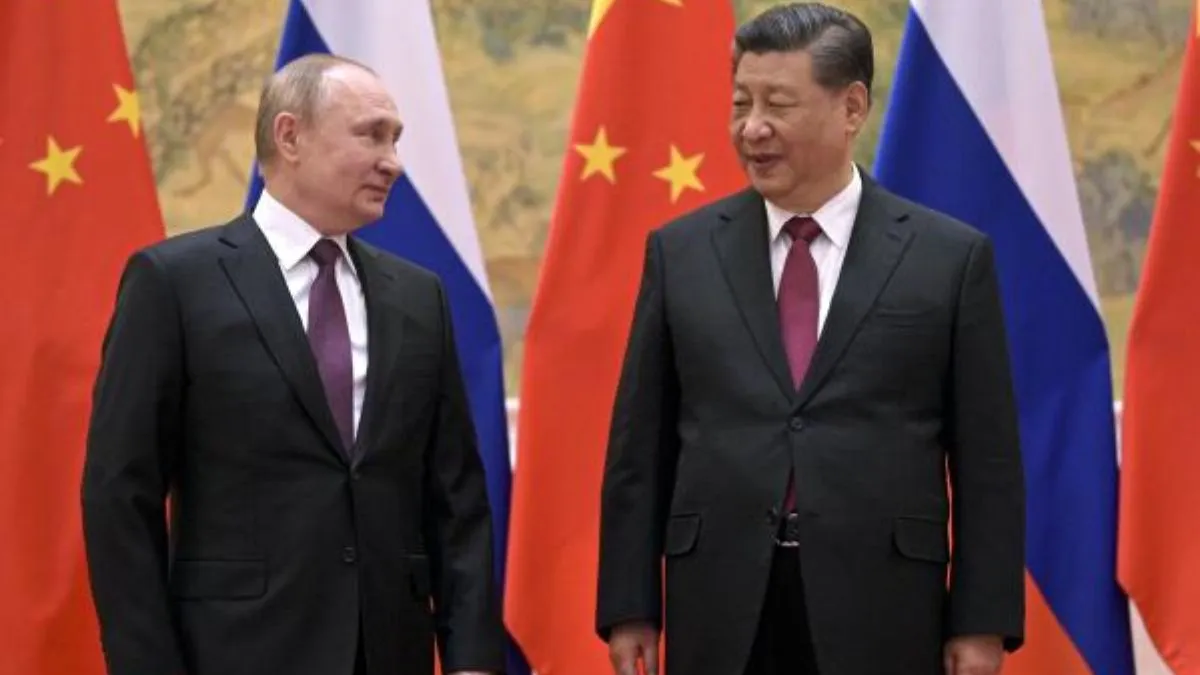


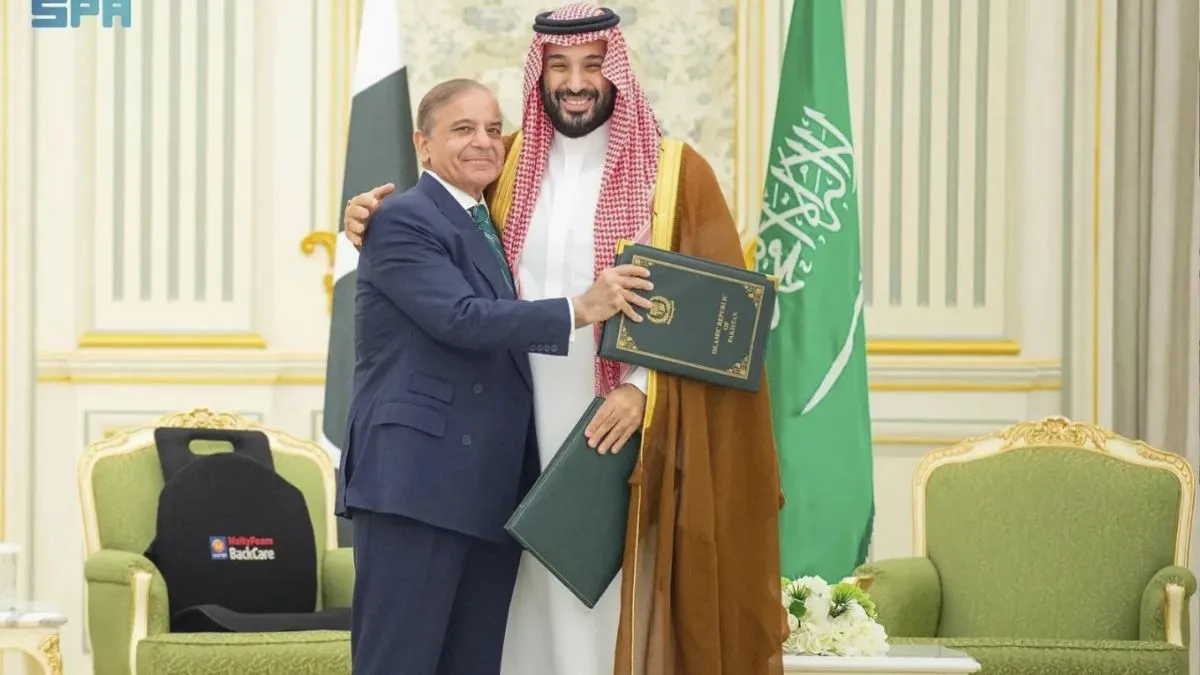


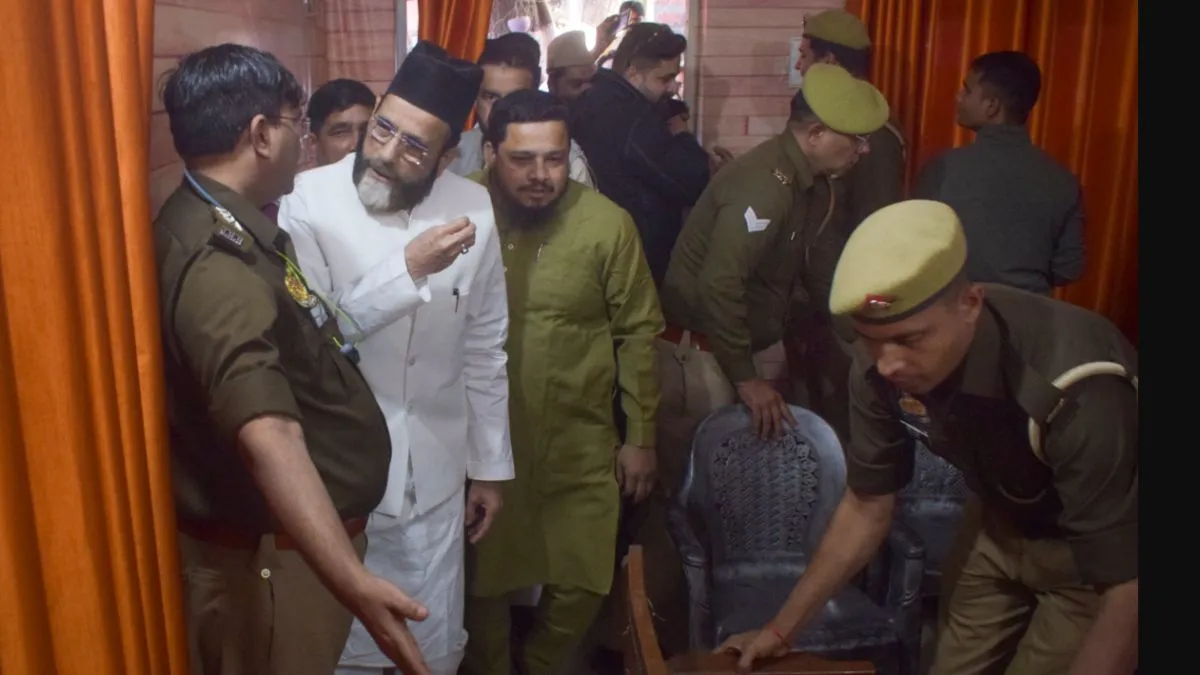
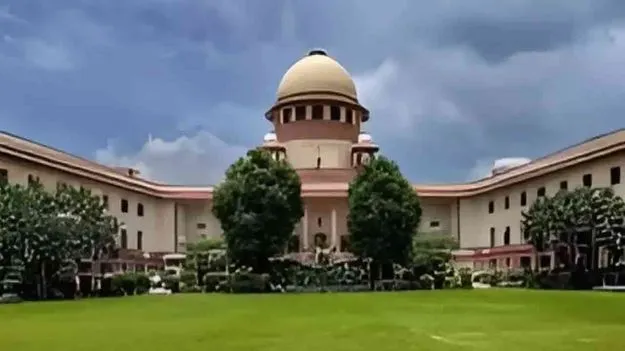


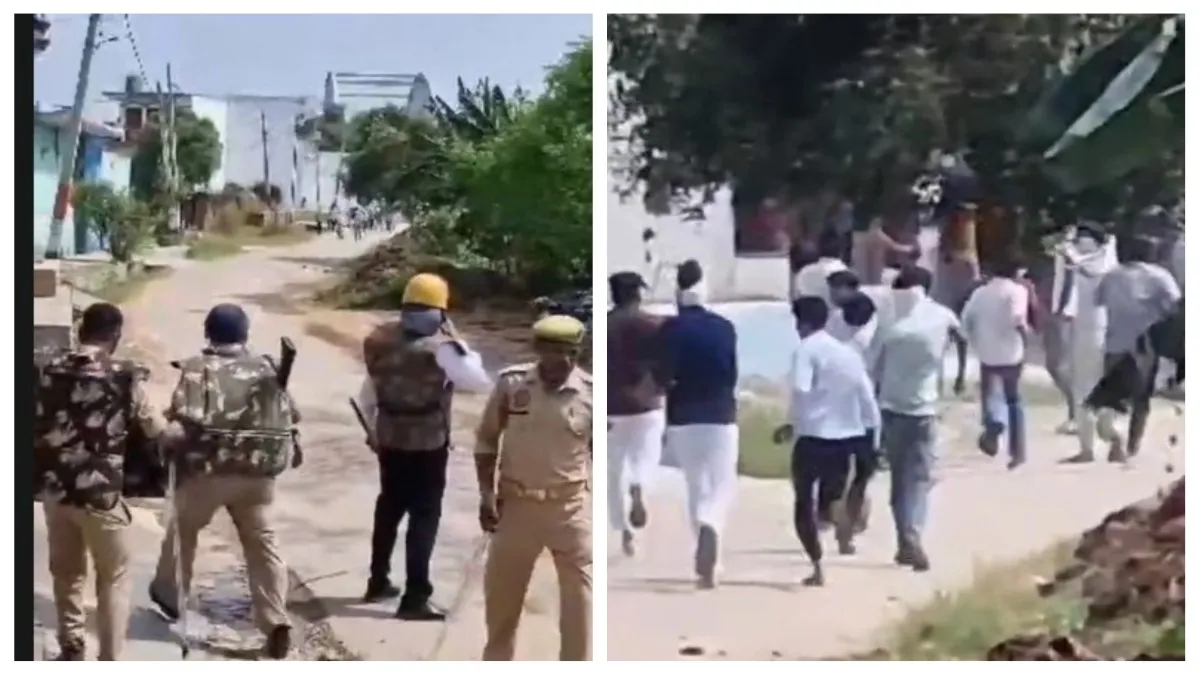


Comments